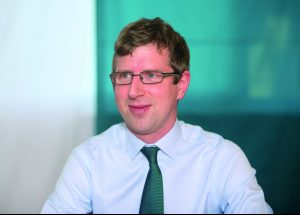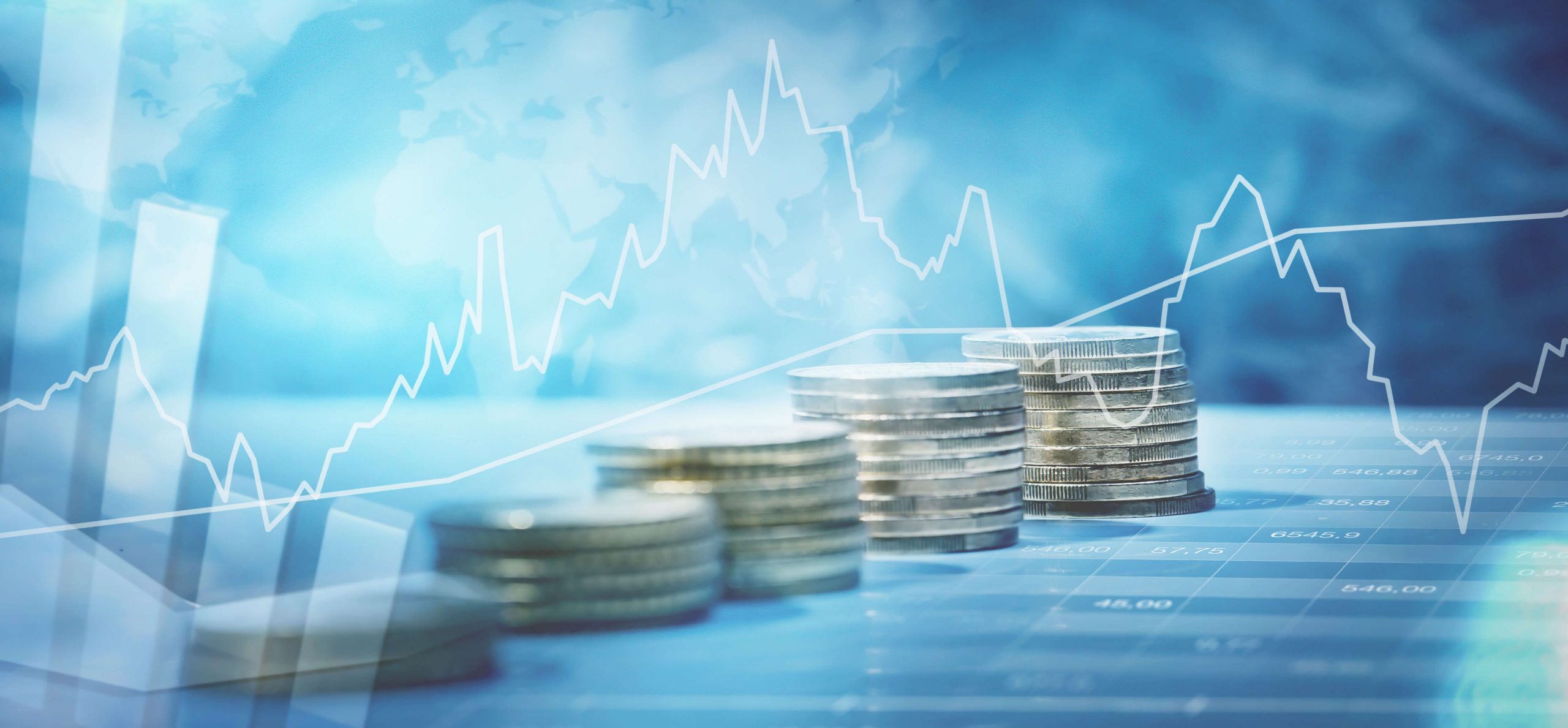Who are you?
I am Ben Constable-Maxwell, the Head of Sustainable and Impact Investing at M&G, and the Impact Lead on the M&G Positive Impact Fund.
Why are you personally interested in this fund?
Having worked for some time on the original concept for this fund, it was something I was incredibly excited to see brought to life. I believe our industry has a huge role to play in addressing the world’s major social and environmental challenges – and impact investing can act as a catalyst for transformational change in this regard. I also believe that we can work towards these goals while providing attractive financial returns to our customers.
Why are you personally interested in and why did you launch this fund?
M&G was at the forefront of the ‘democratisation’ of investment, with a long history of ‘firsts’. This started in 1931 when we launched the first mutual fund for the UK general public. This fund is furthering that trend, opening impact to a much wider audience than previously had access, when impact was the reserve of private equity and debt.
There is also the realisation that the UN Sustainable Development Goals do not stand a chance of being achieved by 2030 without the contribution of private capital. This provides a natural tailwind for those companies that help to achieve these goals and represents a huge opportunity for impact investors.
There are more and more funds in this space. What makes your fund distinctive?
There aren’t that many funds in the listed equity space that are strictly ‘impact’. We are trying to stay within the pure spirit of impact, ensuring the companies we invest in have the intention of delivering impact (and that this is not just talk, but translates into results), that that impact is meaningful and measurable, and that those companies actually add something to the playing field.
We have a rigorous approach to identifying impactful investments, which we call our ‘triple I’ methodology. This analyses the Investment quality, Intentionality and Impact of a company to assess its suitability for the fund. As part of this analysis, the Positive Impact team internally scores companies on these ‘III’ credentials and requires above-average results for inclusion in the fund’s watchlist, as well as consensus agreement of a company’s merits from the entire Positive Impact team. The fund manager can then invest in these businesses when he thinks the timing and price are right.
The fund is quite concentrated. Why did you take this approach given that it could be argued that this increases the risk?
We think that holding fewer stocks for longer decreases the complexity of managing risk. With 30 stocks you can create a nicely diversified portfolio across different business models and end markets. We invest across six impact areas, mapped against the SDGs, three of which are focused on environmental solutions and three on social – there are a diverse range of companies addressing the various challenges within each impact area.
Then from a portfolio construction perspective, the fund invests in three categories of positive impact companies: Pioneers (whose products or services have a transformational effect on society or the environment); Enablers (which provide the tools for others to deliver positive social or environmental impact); and Leaders (which spearhead the development of sustainability in their industries). Investing in this way provides diversification across industries, end markets, and maturity of business models.
We also believe that, in a concentrated portfolio, every stock pick is meaningful, allowing us to maximise the portfolio’s impact and avoid the dilution of returns. Holding fewer stocks also means that we can effectively engage with those companies, properly fulfilling our role as an active, impactful investor.
The fund holds a small number of investments, and therefore a fall in the value of a single investment may have a greater impact than if it held a larger number of investments.
This is an international fund. How do you manage the currency risk?
We have a ten-year investment horizon – you have to be long-term if you want to compound returns and deliver meaningful impact. Because of this we don’t hedge currency, as short-term fluctuations tend to wash out over time.
The fund can be exposed to different currencies. Movements in currency exchange rates may adversely affect the value of your investment.
What three things would you like your fund to be identified with?
- Empowering our customers to make a difference through their investments
- Rigour (starting with our III methodology)
- Transparency as a driver of change
What would success look like for your fund?
To achieve positive societal outcomes through our investments, with the ability to measure tangibly how they are making a difference to society.
To deliver returns ahead of the MSCI ACWI Index over rolling five-year periods.
We would also measure success through engagement with our direct customers, as a demonstration that they truly are on the journey with us.
The value and income from the fund’s assets will go down as well as up. This will cause the value of your investment to fall as well as rise. There is no guarantee that the fund will achieve its objective and you may get back less than you originally invested.
The fund invests mainly in company shares and is therefore likely to experience larger price fluctuations than funds that invest in bonds and/ or cash.
For financial advisers only. Not for onward distribution. No other persons should rely on any information contained within. This financial promotion is issued by M&G Securities Limited which is authorised and regulated by the Financial Conduct Authority in the UK and provides ISAs and other investment products. The company’s registered office is 10 Fenchurch Avenue, London EC3M 5AG. Registered in England and Wales. Registered Number 90776.
About Ben Constable-Maxwell

Ben is Head of Sustainable and Impact Investing, M&G. He joined M&G in 2003 as an Investment Specialist supporting the Global Equities team. He then moved to the Corporate Finance and Stewardship team in 2013, where he began focusing on corporate governance and ESG at international companies. Ben has been responsible for developing the incorporation of ESG in M&G’s investment processes and sits on M&G’s Responsible Investment Advisory Committee, which oversees Responsible Investment activities at M&G including the firm’s membership of the UNPRI. Ben graduated from the University of Newcastle-upon-Tyne with an Honours Degree in Classics before spending four years in the Equities team at Invesco Perpetual.
















